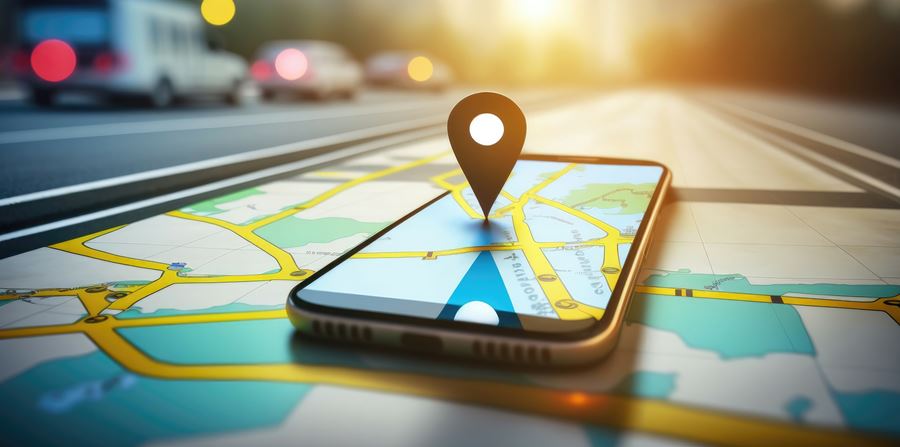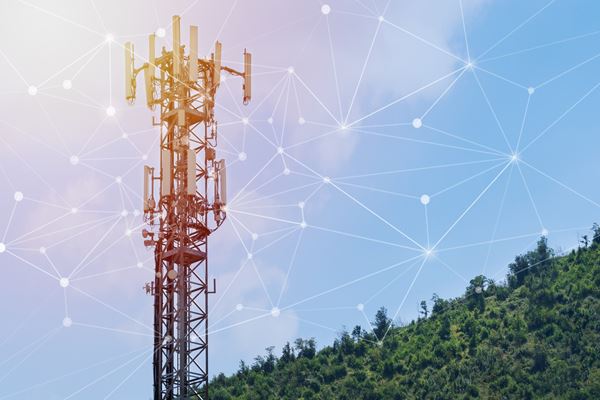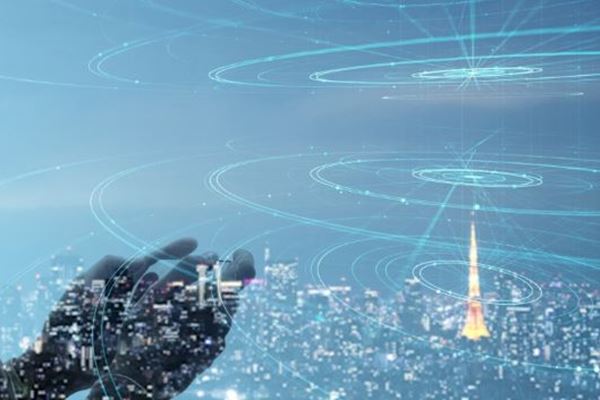Is My Cell Phone Tracking Me If I Turn Off Location Services?

Cell phones are ubiquitous in our lives, offering a variety of features and services. However, the constant tracking of our location by our phones has become a cause for concern for some. Many assume that turning off location services on their cell phone will prevent their location from being tracked. However, this is only partially accurate, as there are several other ways that your cell phone can still track your location, even when location services are turned off.
How Cell Phone Location Tracking Works
Location tracking is a feature that is essential to the functionality of our cell phones. This feature allows us to use various apps and services, such as maps, ride-sharing apps, and weather services, which require location information to provide accurate and personalized results. The location data is recorded by the phone using GPS, Wi-Fi, and cellular data.
GPS Location Data
Global Positioning System (GPS) is a satellite-based navigation system that provides precise location information. Your phone communicates with GPS satellites orbiting the Earth to determine your location. GPS technology uses the time it takes for a signal to travel from multiple satellites to your phone to triangulate your location. This is similar to how a ship or aircraft navigation system works. The GPS technology is very accurate and can pinpoint your location to within a few meters.
Wi-Fi Location Data
Wi-Fi positioning or Wi-Fi triangulation is another technology used to determine your location. When you turn on Wi-Fi on your phone, it scans for nearby Wi-Fi access points and measures their signal strength. Your phone can use the location of these access points and the strength of the signals to estimate your location. This technology is particularly useful in areas where GPS signals may be weak or unavailable, such as indoors or in urban areas.
Cellular Location Data
When you make a call or data request on your phone, it communicates with nearby cell towers, which are assigned a specific area of coverage, known as a cell. The cell tower used to transmit your call or data request is logged and your cellular service provider can determine your general location by analyzing the tower’s location. This technology is the least accurate of the three.
Combining the Location Data
Location services on your phone combine these data points to provide an accurate location. GPS technology provides precise location information, while Wi-Fi and cellular data provide additional data points to improve location accuracy.
Think of location services on your phone as a puzzle. Each technology is like a piece of the puzzle, and when combined, they form a complete picture of your location. GPS is the main piece of the puzzle that provides precise location information. Wi-Fi and cellular data are the other pieces that fill in the gaps to complete the puzzle. This combination of different technologies ensures that your phone can accurately determine your location indoors and outdoors, at least most of the time.
What Happens When You Turn Location Services Off?
When you turn off location services on your phone, you are disabling the ability of apps on your phone to access your precise location data. This means that apps that rely on GPS, Wi-Fi, and cellular data to provide location-specific services will not be able to access your location. However, the cellular system must know where you are, so while your apps may no longer be able to access your cellular data, it is still being recorded.
The Cellular System
The cellular system is made up of cell towers that transmit and receive signals to and from our phones. Each tower is assigned a specific area of coverage, known as a cell. When we make or receive a call, our phone sends a signal to the nearest cell tower, which routes the call to the intended recipient. This process requires the cellular service provider to know the location of our phone so it can be routed to the correct cell tower.
Think of the cellular system as a highway system with cell towers as exits. When you need to make a call or send a text, your phone must take an exit (cell tower) to connect to the highway (cellular network). Just like how you need to know which exit to take to get to your destination, the cellular system needs to know your phone's location to route your call or text to the appropriate cell tower.
This data is contained in Call Detail Records (CDR), which are a primary form of evidence in matters where the historic location of a cell phone is in question. CDRs allow one to determine what cell tower a phone was connected to when a call or text was made.
Call Detail Records
CDRs are a type of telecommunications data that provides detailed information about calls made and received on a mobile phone. These records contain a wealth of information, including the time and date of the call, the duration of the call, the number dialed, and the location of the cell tower that was used to transmit the call. CDRs are primarily used for billing and customer service purposes, but they can also be used to track the location of a mobile phone. Over time, this creates a historical record of the phone's location, which can be used to track its movements and determine where it has been at different times.
CDRs are mainly used by law enforcement and private companies, like Envista Forensics, when conducting investigations to determine the historic location of a person's phone or if someone was potentially distracted while driving by texting or talking on the phone.
Another reason the cellular system continuously tracks you is that cell phone providers are required by law to track your phone's location for emergency services. This means that even if you've turned off location services on your device, your phone is still communicating with nearby cell towers, allowing your provider to pinpoint your location in the event of an emergency. While this information is not available to third-party apps or advertisers, it is still collected and stored by the service providers. This means that even if we are not being actively tracked in real-time, our historic location is still being recorded in CDRs.
Obtaining Call Detail Records as Evidence
Typically, you will need to obtain a court order or subpoena that requires the cellular service provider to produce the CDRs. This can be done through an attorney or by filing a request with the court.
When requesting CDRs for a legal matter, it's essential to be as specific as possible about the information needed. For example, phone number(s) and date/time range for the calls, texts, or data sessions that you are interested in must be provided.
Envista’s experts constantly update the technical language needed to request CDRs for each cellular service provider. To find out more, you can contact us here.
Your phone is most functional and convenient when location services are turned on, as it allows your phone to act as a personal concierge. If you're looking for a specific restaurant or attraction, you can search for it in your map app and location services will provide you with directions to get there. Location services can also send you notifications and reminders based on your location. If you're near a grocery store, location services can remind you to pick up a specific item on your shopping list.
While this may raise privacy concerns, it is important to understand that location tracking is necessary for the functioning of the cellular system. However, we can take steps to limit our exposure to location tracking by being aware of the data our phones are collecting and who has access to it. For instance, we can review the permissions granted to our apps and disable any that we don't feel comfortable with. We can also use a virtual private network (VPN) to encrypt our internet traffic and prevent our Internet Service Provider (ISP) from tracking our online activity.
Overall, turning off location services on our phones does not prevent cellular service providers from tracking our location. This is because the cellular system requires providers to know our phone's location to provide service.
Our experts are ready to help.


